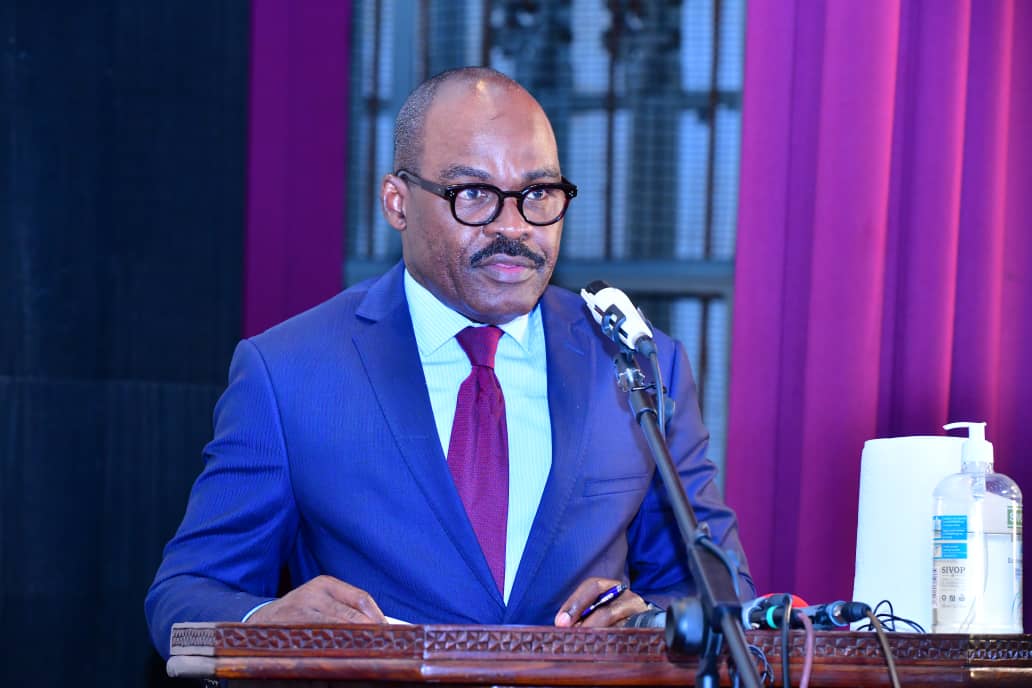** New judicial echoes: the continuation of a former Minister of Finance in question **
In the complex political context of a nation, it is essential to consider judicial developments with nuance and reflection. The Attorney General at the Court of Cassation recently introduced an indictment aimed at obtaining the authorization of prosecution against the former Minister of Finance, an event which cannot go unnoticed in the country’s administrative and political landscape.
On May 29, the Office of the National Assembly instituted a special commission intended to audition the prosecutor Firmin Mvonde as well as the national deputy Nicolas Kazadi. The latter is, for his part, charged for having allegedly revealed state secrets and for the spread of rumors concerning embezzlement of public funds. This situation opens the way to a series of crucial questions that deserve to be explored.
### Context and implications
The indictment of a former minister, especially in an area as sensitive as finance, raises many concerns. On the one hand, political dynamics are often marked by tensions between state institutions and civil society. The accusations weighing on Nicolas Kazadi can be perceived as a means of preserving the integrity of public administration, but they can also be interpreted as political maneuvers of deterrence or control.
In a climate where confidence in institutions is already fragile, what impact could these legal proceedings have on the public perception of government transparency? Public finance management is a subject of major concern in many countries. The need for a impartial and effective judicial system is essential to ensure the responsibility of civil servants and maintain the confidence of citizens.
### An audit commission: towards greater transparency?
The creation of this special commission within the National Assembly represents an attempt to legitimize the current legal process. This is a sign that institutions seek to establish a form of transparency and responsibility in the face of the charges made. By hearing key personalities, such as prosecutor and deputy Kazadi, the commission hopes to enlighten the public while exploring the nuances surrounding these allegations.
However, the question remains: will this approach be enough to appease the fears of an already suspicious audience? It is essential that hearing does not turn into a simple media spectacle, but that it is a real analysis tool to clarify the facts. An in -depth survey, based on credible data and testimonies, is essential to navigate between rumors and the truth.
### Reflection on freedom of expression and political responsibility
The case of Nicolas Kazadi also poses questions about freedom of expression, a fundamental right in any democracy. How to reconcile the need to protect sensitive information that falls under state secrets with the right to inform and criticize political decision -makers? This situation pushes us to question the limits and responsibilities incumbent on the actors of the political sphere.
The accusations of revelations of state secrets, if founded, raise important ethical questions. However, it is also crucial to debate the way these accusations can be instrumentalized to silence critical voices. Each party present, be it institutions, the media or citizens, has a role to play to guarantee that the truth emerges in compliance with the rights and responsibilities of each.
### Perspectives and solutions
Faced with these challenges, it seems necessary to envisage solutions that would go beyond simple legal measures. Promoting an environment where transparency and responsibility are registered in political culture could help restore confidence among the population. This would include reforms to strengthen the independence of the judicial system, guarantee the protection of whistleblowers, and promote an open dialogue between the various political actors and the public.
In conclusion, the case surrounding the former Minister of Finance and the accusations brought against the deputy Kazadi is indicative of the complexity of relations between law, politics and society. By engaging in an in -depth reflection on these issues, we can hope to contribute to a better understanding of the challenges that our system faces, while opening the way to more transparent and responsible practices. The way these events will take place could have lasting repercussions on our democracy and on the confidence of citizens in their institutions.

